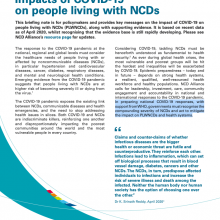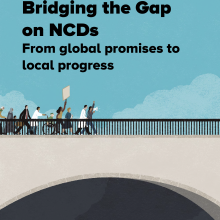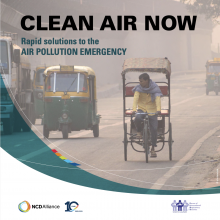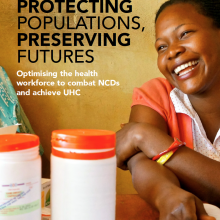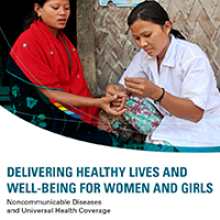NCD Alliance / Resources / Publications & Multimedia
Publications & Multimedia
Find all the NCD Alliance publications and the most recent global data on NCDs.
This section includes the latest NCD Alliance publications, such as policy briefs and analysis, progress tracking and advocacy toolkits, and our annual reports.

